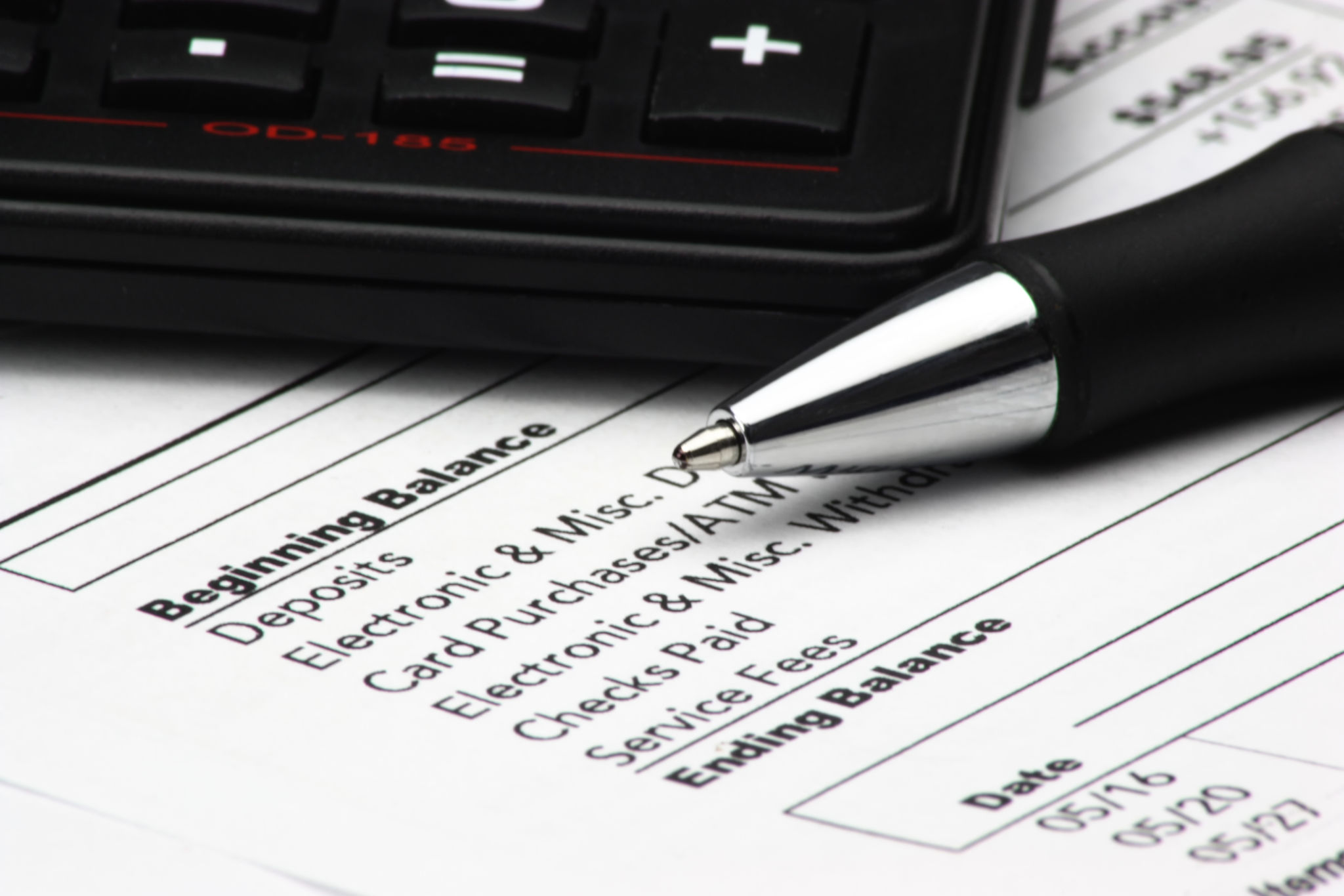DIY Bookkeeping Tips for Dallas Small Business Owners
LP
Getting Started with DIY Bookkeeping
As a small business owner in Dallas, managing your finances can be daunting, especially if you're trying to do it yourself. However, with a bit of organization and the right tools, DIY bookkeeping can be manageable and even rewarding. Whether you're a startup or a seasoned entrepreneur, maintaining accurate financial records is crucial for your business's success.

Organize Your Financial Records
One of the first steps in DIY bookkeeping is organizing your financial records. This involves keeping track of receipts, invoices, and other financial documents. Consider using digital storage solutions like cloud services to keep your records safe and easily accessible. Consistently maintaining organized files will help you stay on top of your finances and make tax time less stressful.
Use the Right Software
Investing in reliable bookkeeping software can save you time and reduce errors. Software like QuickBooks or Xero provides user-friendly interfaces and essential features for small business accounting. These tools help you track income and expenses, generate reports, and manage invoices efficiently. Take advantage of free trials to find the software that best fits your needs.

Track Your Expenses Diligently
Tracking expenses is vital for understanding your business's financial health. Create a system for categorizing expenses, such as office supplies, travel, or marketing costs. Regularly update your records to ensure everything is accounted for. This practice not only helps with budgeting but also ensures you maximize tax deductions.
Reconcile Bank Statements Monthly
Reconciling your bank statements every month is essential in DIY bookkeeping. This process involves comparing your financial records with your bank statements to ensure accuracy. It helps identify discrepancies, such as unauthorized transactions or bank errors, early on. Set a monthly reminder to complete this task to stay on top of your financial situation.

Understand Financial Reports
Understanding financial reports is key to making informed business decisions. Familiarize yourself with essential reports like profit and loss statements, balance sheets, and cash flow statements. These reports provide insights into your business's performance, helping you identify trends and areas for improvement.
Stay Compliant with Tax Regulations
Compliance with tax regulations is crucial for avoiding penalties and fines. Stay informed about local and federal tax laws that apply to your business. Consider attending workshops or consulting with a tax professional to ensure you're meeting all requirements. Keeping accurate records throughout the year will make tax filing more straightforward.
Set Aside Time for Bookkeeping
Consistency is key in DIY bookkeeping. Set aside specific times each week or month dedicated to managing your books. This routine helps prevent backlog and ensures that your financial records remain accurate and up-to-date. A little effort consistently can prevent overwhelming tasks in the future.
In conclusion, while DIY bookkeeping requires effort and attention to detail, it offers the satisfaction of having full control over your business's finances. By staying organized, using the right tools, and dedicating time regularly, Dallas small business owners can effectively manage their bookkeeping tasks and contribute to the overall success of their businesses.
